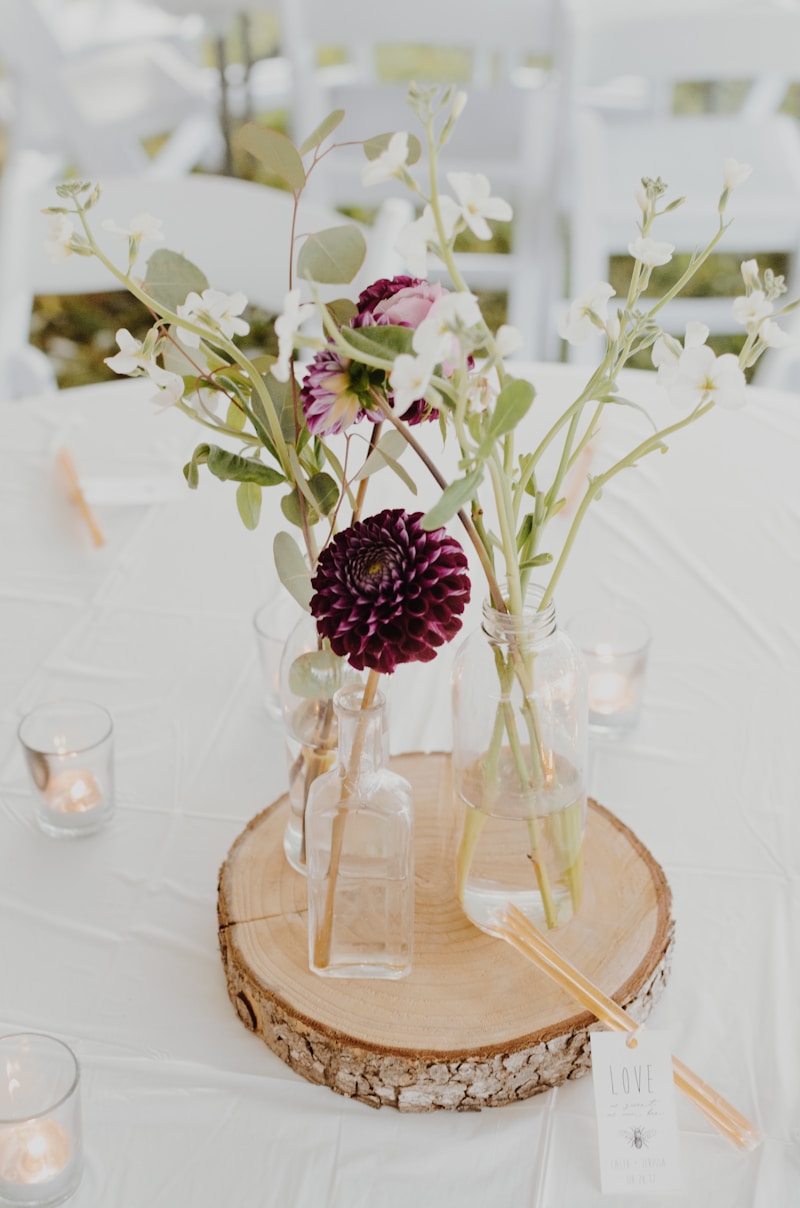Understanding Your Priorities for Wedding Spending: A Comprehensive Guide
Introduction
Weddings are joyous celebrations filled with love, laughter, and unforgettable memories. However, with the average wedding cost in the United States exceeding $30,000, understanding your priorities for wedding spending is crucial to keep your budget in check and your stress levels manageable. This article explores essential aspects of wedding spending, helping you to allocate your resources effectively and make informed decisions.
The Importance of Setting Priorities
Before diving into wedding planning, it's vital to set clear priorities. This involves identifying what matters most in your wedding experience. Do you envision a lavish venue, a gourmet catering service, or a breathtaking photographer? By delineating your top priorities, you can focus your budget on the elements that truly resonate with you and your partner.
1. Communicate with Your Partner
Begin the discussion about wedding spending by having an open and honest conversation with your partner. When both parties express their preferences and expectations, it’s easier to align your visions and establish a mutual understanding of how funds should be allocated.
2. Creating a Wedding Budget
Creating a budget can be daunting, but it’s the foundation of managing your wedding spending. Consider using a simple table to outline your wedding budget:
| Category | Estimated Cost | Priority Level (1-5) |
| Venue | $10,000 | 5 |
| Catering | $6,000 | 4 |
| Photography | $3,000 | 3 |
| Wedding Attire | $2,000 | 3 |
| Entertainment | $2,500 | 2 |
| Florals and Decor | $4,000 | 3 |
| Invitations | $500 | 2 |
| Miscellaneous | $1,000 | 1 |
This type of organization allows you to visualize where your money is going, ensuring that your highest priorities receive adequate funding.
Determining Your Priorities
How do you rank what's important to you as a couple? To prioritize your wedding spending effectively, consider the following factors:
1. The Feel You Want for Your Wedding
Deciding on the atmosphere and style of your wedding is essential. Do you favor a romantic, traditional wedding, or are you dreaming of a modern and chic celebration? Your preferred atmosphere can help define costs associated with venues, decorations, and catering.
2. Guest List Size
Another pivotal decision is the size of your guest list. A larger guest list typically equates to higher costs, especially for catering and seating arrangements. Establish an optimal guest list that aligns with your budget without compromising your priorities.
3. Experience Over Material Items
Many couples are choosing to invest in experiences over tangible items. If your priority is to create memorable moments, consider prioritizing things like quality catering, a fantastic DJ or band, or a stunning venue over less significant expenditures like extravagant centerpieces.
Practical Tips for Wedding Spending
With priorities determined, you can apply some practical tips to help ensure that your spending aligns with your planned budget:
1. Research Vendors
Take the time to research and compare different vendors to find the best value for your desired quality. For example, if photography is a high priority, invest time in finding a top-rated photographer who offers a range of packages.
2. Consider Seasonality
Weddings are often more expensive during peak seasons (May to October). If you can be flexible, consider planning your wedding during the off-peak season or even on a weekday. This can result in significant cost savings.
3. Negotiate
Don't be afraid to negotiate with vendors. Many are willing to work with you to meet your budget, especially if you're flexible on certain aspects or can pay in cash.

Common Wedding Spending Questions
As couples navigate wedding planning, they often confront common queries regarding spending:
1. How Much Should We Spend on Each Category?
This typically varies based on your overall budget and priorities. Allocate funds to categories based on your personalized table. It's common for couples to allocate about 40-50% of their total budget on the venue, catering, and rentals.
2. Is a Wedding Planner Worth the Investment?
A wedding planner can help save you time and potentially money if they can negotiate better rates with vendors. They are particularly beneficial for those managing large weddings or busy schedules.
3. Should We Allocate Money for Emergencies?
Yes, it’s wise to allocate a portion of your budget (typically 5-10%) for unexpected expenses. This helps alleviate financial stress as you navigate costs that might arise during planning.
Conclusion
Understanding your priorities for wedding spending is a key component of successful wedding planning. By prioritizing what matters most, creating a structured budget, and applying practical tips, couples can enjoy their special day without overwhelming financial burden. Remember, the goal is to celebrate your love and commitment in a way that reflects your unique style and values. Happy planning!